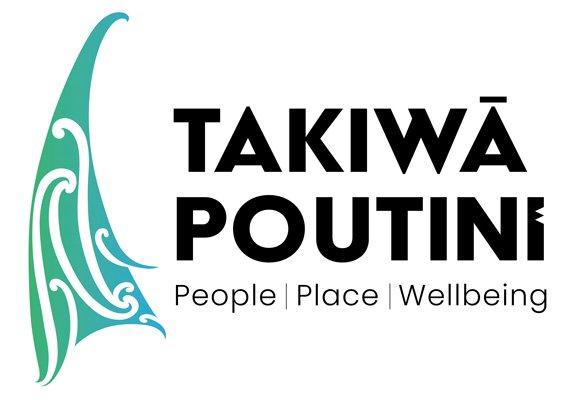Takiwa Poutini updates national Localities managers
Key findings from Coast-wide engagement, and what happens next were presented by Takiwā Poutini last week to national Localities managers.
The Takiwā Poutini Localities Prototype has been set up to identify changes needed to improve health and wellbeing outcomes, including finding new ways of working that put communities at the centre of design and planning.
Governance and operational representatives gave an update on Friday in Greymouth to senior managers from Te Whatu Ora (Health New Zealand) led by Abbe Anderson, National Director Commissioning and Te Aka Whai Ora (Māori Health Authority) led by Selah Hart, Deputy Chief Executive Public and Population Health.
Takiwā Poutini Governance Group Chair Kevin Hague says the meeting was an opportunity to share the key findings of the engagement sessions; to discuss what’s next for the Coast; and to check in to hear about the country’s other 12 trials.
Mr Hague says Takiwā Poutini is concerned not only with mainstream health, but with every aspect of wellbeing, including aspects of local government or other government services, like housing or transport.
“Our communities have identified the following key themes as priorities:
Timely access to consistent GP / primary care
Reduction of transport and cost of care as barriers to access
Whānau centred approach to health care and wellbeing service provision
Civil defence and preparedness for natural disaster / emergencies – communities cognisant and concerned about planning for these events and the impacts of climate change
More outdoor fun and recreation activities; cycle lanes, health and fitness programmes
More community safe spaces for connection / communities to meet and hold events (for Māori – these spaces provide opportunities to connect with culture)
“Of course there’ll be some common threads in what Localities programmes are hearing and planning around the country, but also we have unique challenges in the geography and demographics of our locality. Te Tai o Poutini/West Coast covers more than 30,000km and we have a very small population largely based around small rural towns, with no public transport and a number of socio-economic challenges,” Mr Hague says.
“Equity and access to health and wellbeing services are significantly challenging to solve.
“When we’re looking at the need for such a big transformation of how we deliver health and wellbeing services, as well as sharing some of our early ideas, it’s useful to hear what others around the country are doing and where they’re at,” Mr Hague says.
Te Whatu Ora National Localities Co-Director Kylie Ormrod said the team from Wellington were thrilled to meet with Tākiwa Poutini. Understanding what really matters for the health and wellbeing of communities on the West Coast was important in the healthcare space.
“By prioritising local needs and aspirations, localities like Takiwā Poutini are shaping a healthcare system that is equitable for all, regardless of where they live or who they are. Takiwā Poutini have done a huge amount of work to get to this stage so we acknowledge them and will continue to support them as they influence the reorientation of our healthcare system to deliver for the community,” Ms Ormrod says.
An in-depth report on the findings of Takiwā Poutini’s recent engagement with people across the West Coast is available on www.takiwapoutini.nz.
ENDS
Note to editors: More information about Localities is available on the Te Whatu Ora website – Localities – Te Whatu Ora – Health New Zealand
Takiwā Poutini refers to the West Coast (Poutini) region (Takiwā).

